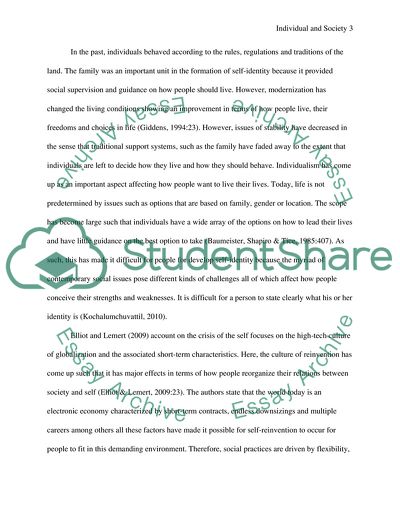Cite this document
(Personal Development Plan Essay Example | Topics and Well Written Essays - 2500 words - 1, n.d.)
Personal Development Plan Essay Example | Topics and Well Written Essays - 2500 words - 1. https://studentshare.org/sociology/1873455-individual-and-society
Personal Development Plan Essay Example | Topics and Well Written Essays - 2500 words - 1. https://studentshare.org/sociology/1873455-individual-and-society
(Personal Development Plan Essay Example | Topics and Well Written Essays - 2500 Words - 1)
Personal Development Plan Essay Example | Topics and Well Written Essays - 2500 Words - 1. https://studentshare.org/sociology/1873455-individual-and-society.
Personal Development Plan Essay Example | Topics and Well Written Essays - 2500 Words - 1. https://studentshare.org/sociology/1873455-individual-and-society.
“Personal Development Plan Essay Example | Topics and Well Written Essays - 2500 Words - 1”. https://studentshare.org/sociology/1873455-individual-and-society.


